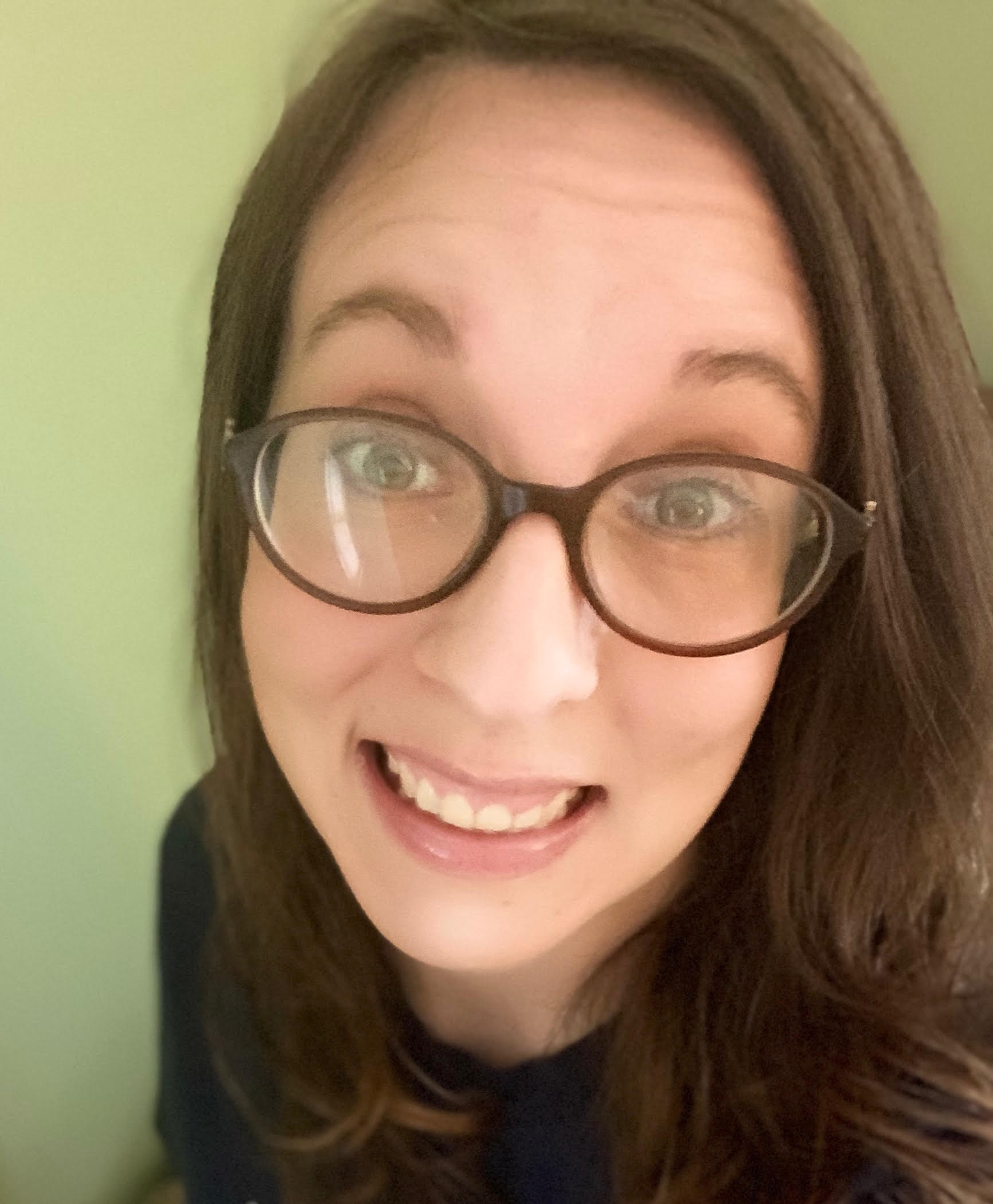
March 28, 2025
A Dollhouse and Love, To a Desert
By Caitlin C. Baker
A Dollhouse
The bourgeois is draped
in gild brocade
and spread eagle
on a chaise longue
with dimples like
warm pools of honey,
blushing like apples
ripe on the branch.
A kitten purrs with brand new lungs
the first time it smells fresh cream.
The screen glow at 1 am
is a French street lamp,
a scene in 65 millimeter.
The trench coat is film noir.
She holds me casually
between scarlet crests
and smokes me
down to crumbs,
and the ash that falls at her feet
is more alive than I ever was.
The end of the world
won’t be as radiant
as cheap stage lights
on coral lipstick
Everything we had
was someone else’s;
it wasn’t in character
to love you.
I never knew how to speak to flowers
although the name of the rose was mine.
My treasure whispered
fairytales by night:
Cinderella never found
her other earring,
and by magic,
I am a soft peach,
a glass of water poured
out on hot cement.
If I ever caught the wild and naked moon,
I wouldn’t know what to do with it.
Love, to a Desert
Although the desert cannot return the favor
of the labor that this loving takes,
I pry myself open to the thorns and embrace him,
the stoic saguaro, the patriarch of emptiness.
A hundred red roses bloom under his care,
and I ask him if he’s ever sore with regret,
but he turns the conversation to the weather
and speaks of the scarcity of rain.
I bequeath my tears (a gift to the chapped earth
which dissipates on impenetrable ground
and is taken with the wind,
the arid and gasping desert breath
swallows my grief in a cloud of dust,
scattered beyond recognition),
even knowing that my own sorrow
is not the first river to die here.

Write City Ezine is currently open to submissions. See submission guidelines for further information.
Affiliates/Partners
Testimonials
Contact
Join CWA
Member Profile
My Account
Writers Conference
Presenters
Agents and Publishers
Pitch Sessions
Sponsors
Scholarships
Speaker Registration
Book of the Year
Spirit Award
First Chapter Contest
Resources
Home
Chicago Writers Association
info@chicagowrites.org
Make a Difference!

